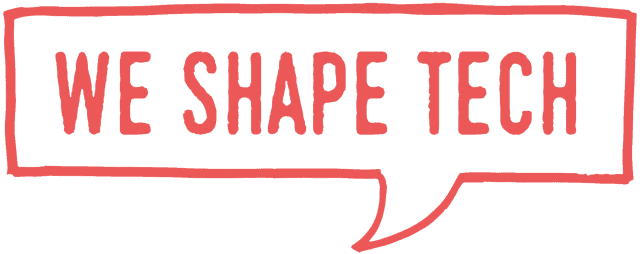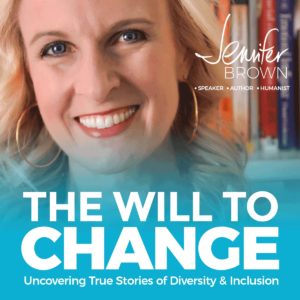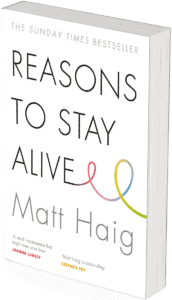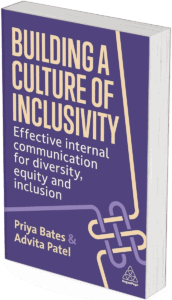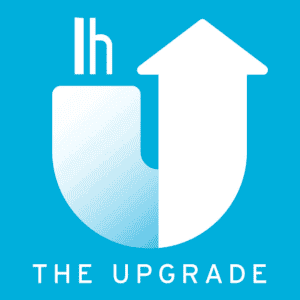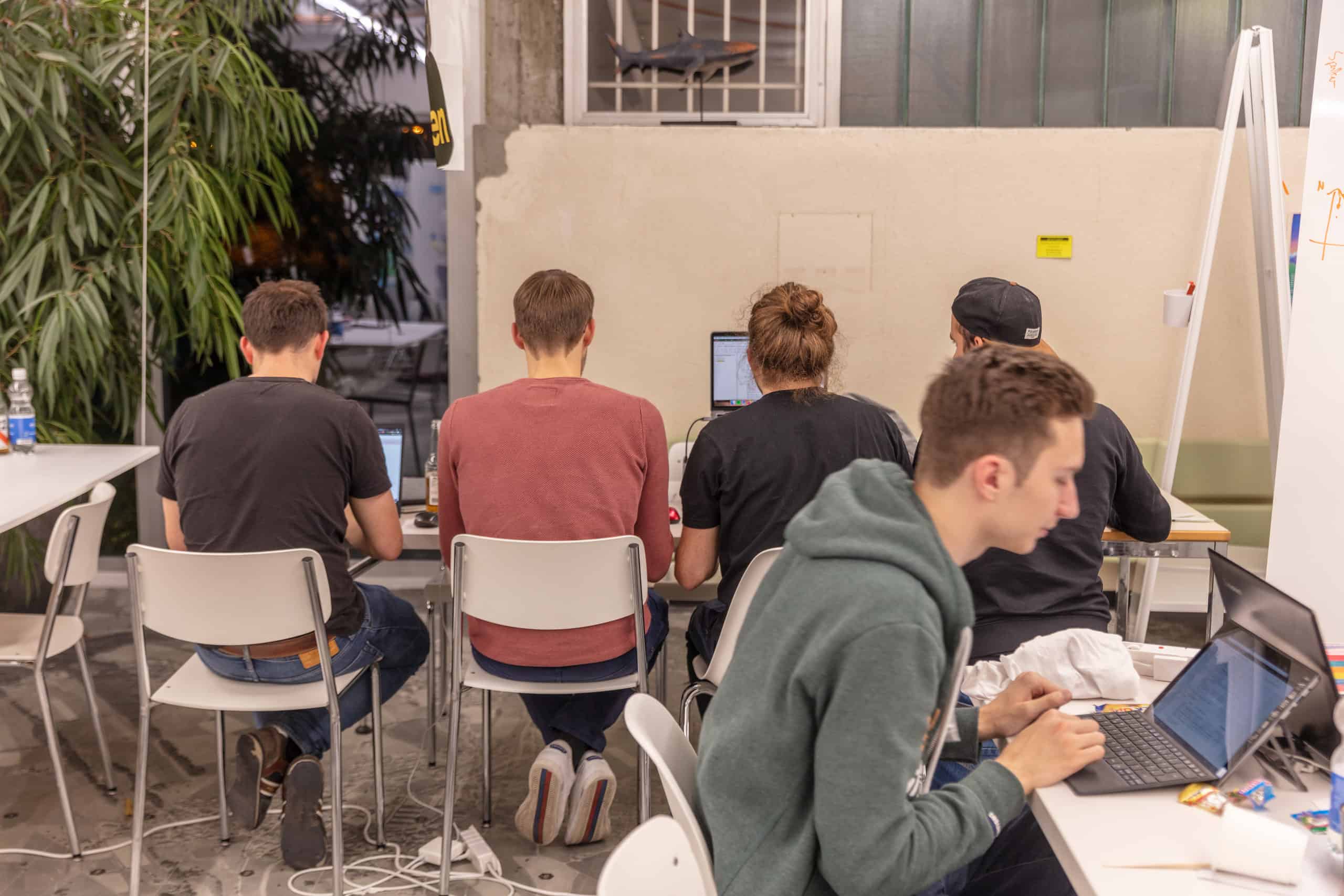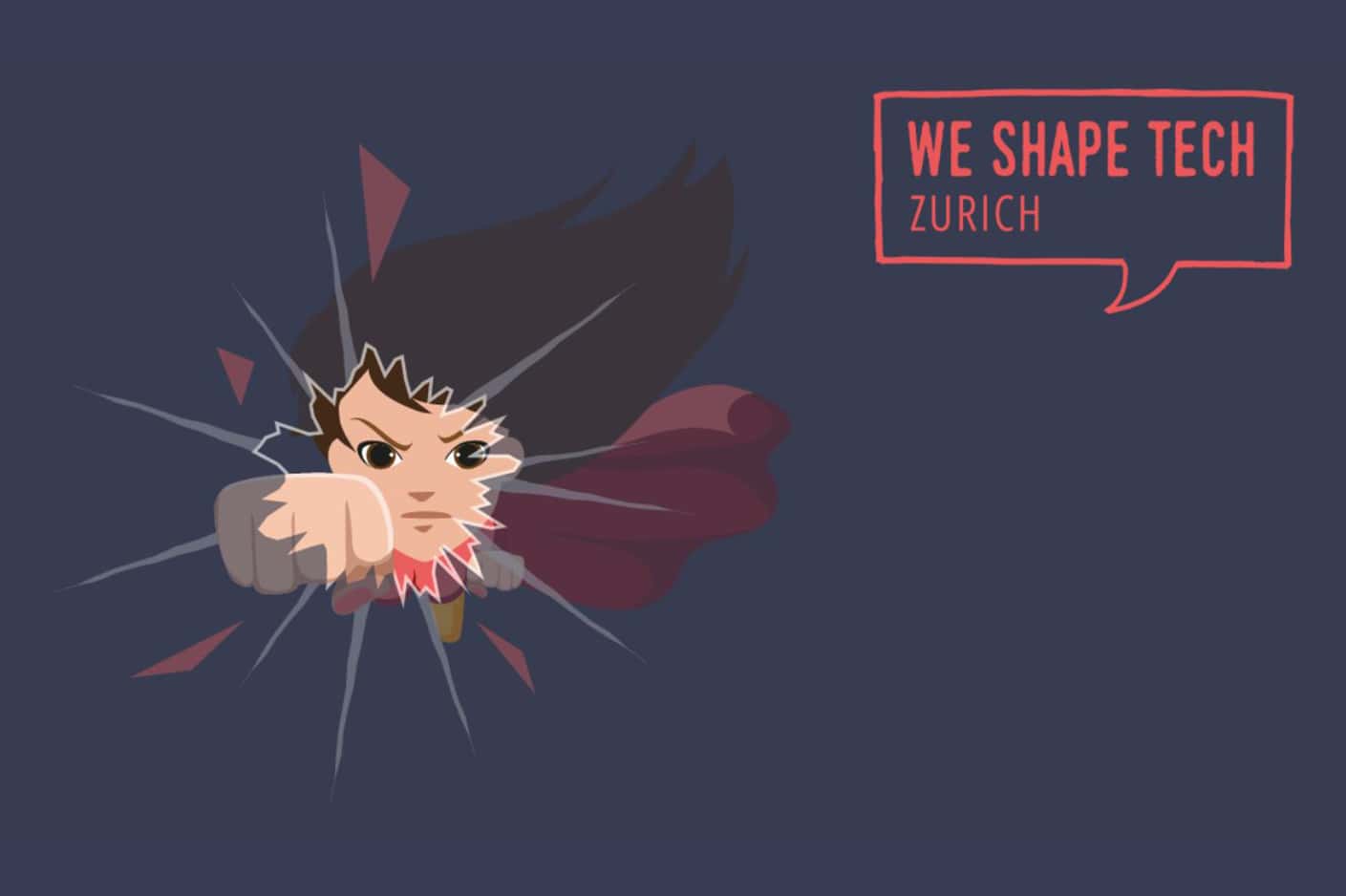Text and images by Hello 50:50 World
An Evening of Research and Reflection
Last week in Zurich, over 50 participants gathered at Impact Hub Viadukt for Facts Over Fiction – an evening designed to separate myth from reality, with research-backed insights and uncomfortable, honest conversations.
The event was co-hosted by Hello 50:50 World, WE SHAPE TECH, ETH Diversity and Advance.
Debunking Myths: What the Research Told Us
The evening began with eye-opening insights from economists Dr. Andrea Hofer and Dr. Miwha Seong, who walked us through the most persistent myths about gender equity in the workplace.
Drawing on compelling research, their presentations revealed how inequality is reinforced through the structures, expectations, and systems we often take for granted.
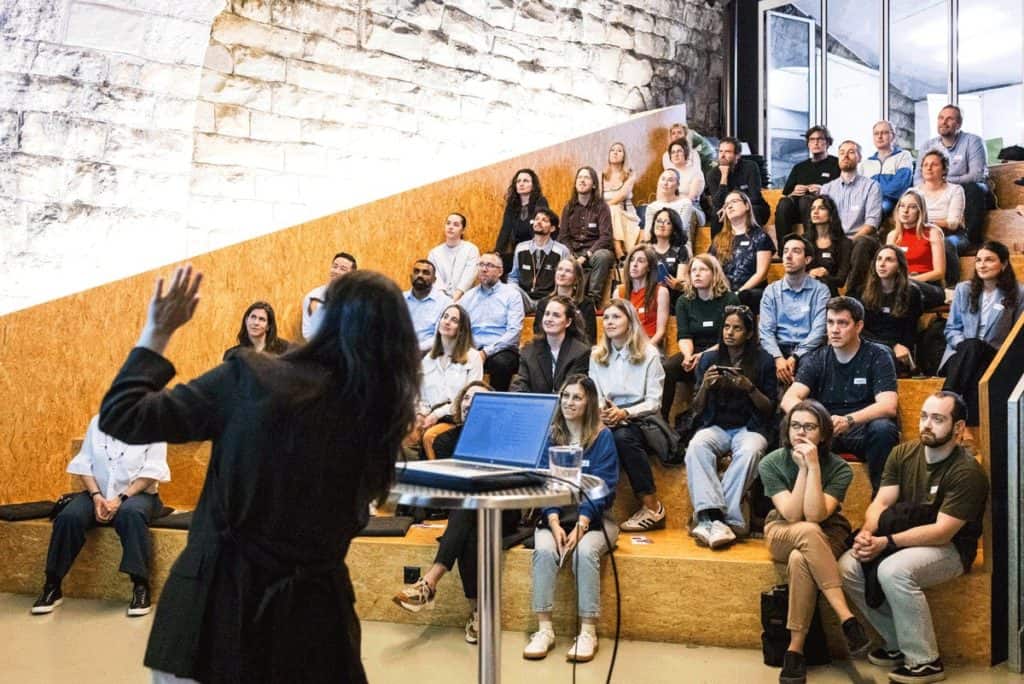
“Despite decades of progress, women still face slower promotions, fewer high-visibility tasks, and harsher consequences for failure,” explained Dr. Andrea Hofer. “It’s not enough to bring women into the workforce – we need to address how bias shapes what happens once they’re there.”
Her presentation highlighted:
- Gender equality? Not there yet. Progress has stalled, especially at the top of high-skill, high-paying sectors.
- The child penalty is real—and deeply gendered. Motherhood impacts careers significantly more than fatherhood.
- Bias begins early. Expectations from teachers and parents shape educational and professional choices from a young age.
- It’s not just a pipeline problem. Women who enter male-dominated sectors still face structural barriers to advancement.
- Promotion, recognition, and visibility remain unequal.
Shifting the focus to allyship, gender norms, and equity for all, Dr. Miwha Seong addressed some of the most emotionally complex myths—particularly those related to DEI backlash and men’s roles in equity conversations.
“We often think of gender equity as a women’s issue,” said Dr. Miwha Seong, “but rigid masculinity norms hurt men, too – by discouraging help-seeking, emotional connection, and caregiving. True allyship starts when we all take responsibility for challenging those norms.”
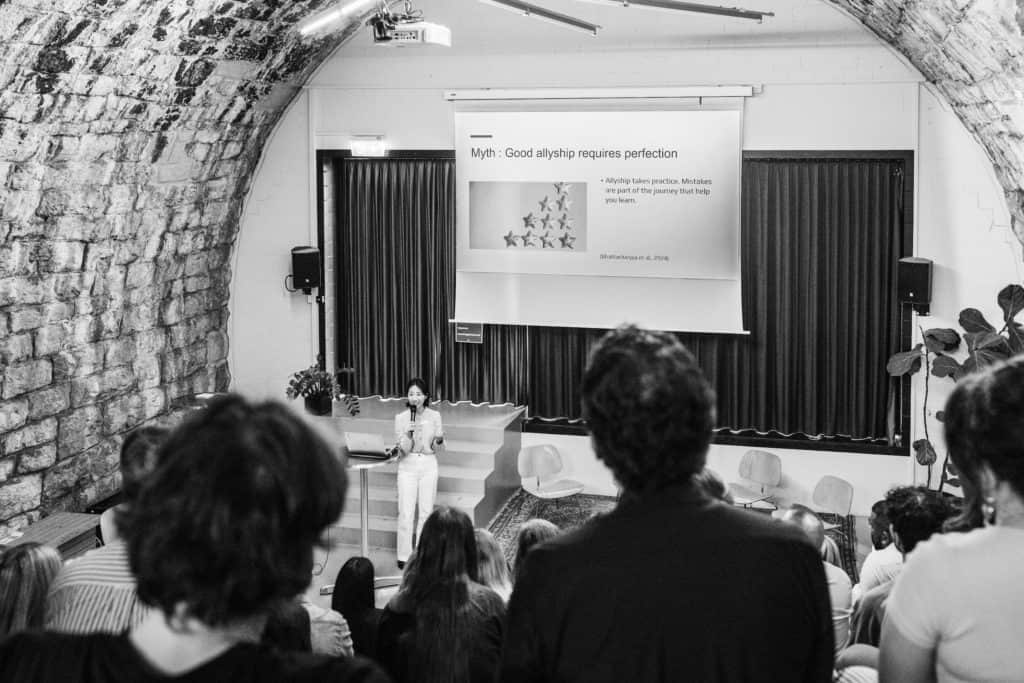
Some of the takeaways from her presentation were:
- Everyone holds unconscious bias. It influences how we evaluate, hire, and promote - whether we intend it or not.
- DEI is not divisive - the status quo is. Inclusion brings discomfort because it disrupts long-standing imbalances, not because it creates them.
- Allyship doesn’t require perfection. It requires showing up, staying open, and being willing to grow.
- Gender equity benefits everyone. When we challenge patriarchal norms, we open up healthier paths for all genders.
Breaking into Small Group Dialogue
Following the presentations, participants gathered in small groups to reflect on: Why do these myths persist? What makes DEI feel uncomfortable? And how can we move from fear to responsibility, from silence to bridge-building?
These conversations reminded us that awareness isn’t enough – dialogue, curiosity, and vulnerability are essential to real learning and progress.
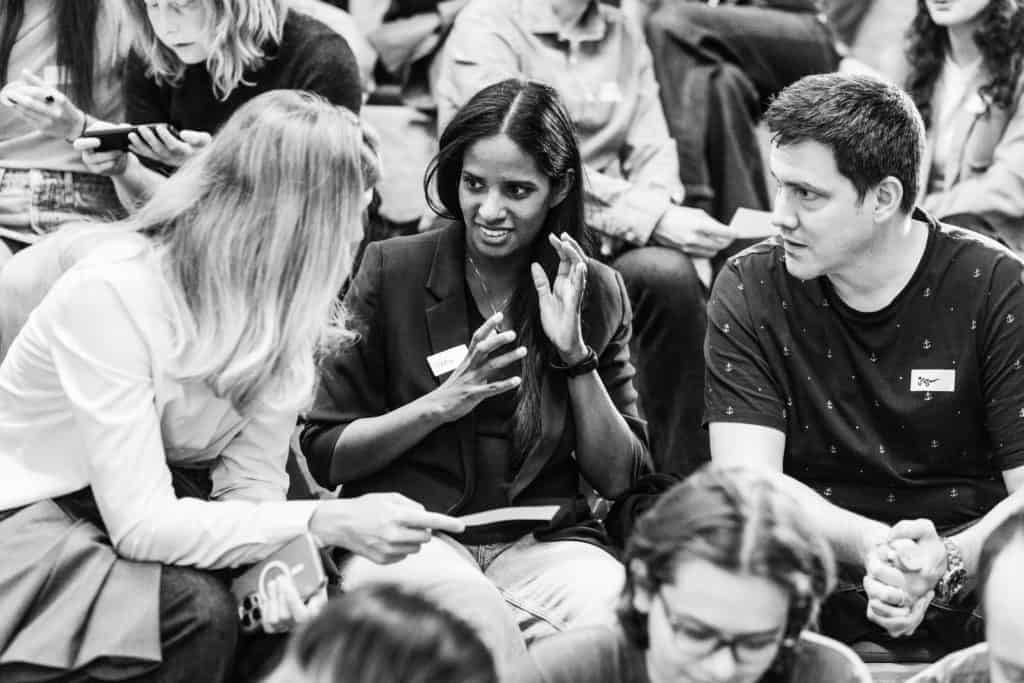
Allyship in Real Time: A Raw & Honest Panel
The second half of the evening moved from research to real-life. In the allyship panel, two panelists shared their personal journeys – including missteps, doubts, and lessons learned.
It was raw, emotional, and unfiltered. Tensions rose. Vulnerability surfaced. The room leaned in.
Key takeaways from this powerful exchange included:
- Tension can teach. Uncomfortable conversations, when held with empathy, lead to deeper insight than consensus ever could.
- Calling in works better than calling out. Shaming shuts down dialogue. Compassion keeps people engaged.
- Allyship is not perfect. Growth is messy, and that’s what makes it human and impactful.

To everyone who joined us: thank you for your presence and holding space for discomfort, compassion, and shared responsibility. This work doesn’t end at events like these – it lives through our everyday conversations and reflections
